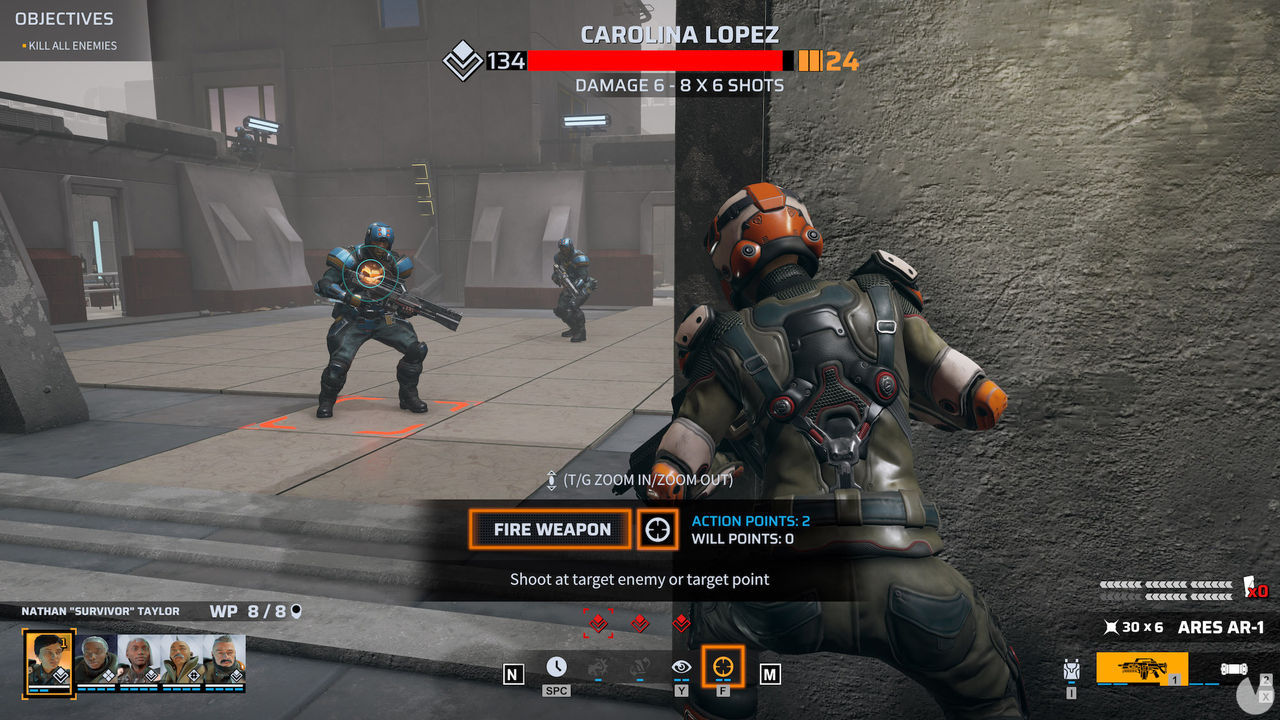


The devil may be in the detail, but the drama is in the edit. Phoenix Point has double the number of teeth but a less effective bite. With X-COM, Firaxis took a punishing, impenetrable strategy game and made it slick, cool and thrilling a dynamic sci-fi beast with muscular jaws. The story that is gradually unveiled as you explore is intriguing, but presented with all the drama of an engineering manual. The soundtrack has no fanfare whatsoever. Battles begin unceremoniously and end with an almost literal whimper. This forms part of a broader issue whereby Phoenix Point lacks a sense of occasion. Losing a soldier becomes less of a shock and more of an administrative headache, as you need to recruit a replacement and manufacture a whole new inventory to give them a fighting chance.

But as your operation spreads across the globe, Phoenix Point’s systems grow unwieldy. Such micromanagement is enjoyable at first. You even need to manage the weapons and ammunition of each individual soldier. Its tactical battles include a special targeting mode that lets you aim at specific enemy body parts for different effects, destructible buildings that radically alter the layout of a battlefield, enemies that evolve over time to wield different weapons and abilities, and a complex move/fire system that requires you to exercise tactics with precision. Phoenix Point is similarly granular during combat encounters.

This complex political metagame offers greater strategic opportunity than X-COM’s head-to-head grudge match. None are ideal bedfellows, but you’ll need at least one of them on your side to stand a chance against the virus, and making allies of one may require you to make enemies of another. On the Geoscape, you don’t only have to worry about the Pandora virus but also three other human factions that include transhumanist religious zealots and an oppressive military dictatorship. Phoenix Point’s approach to building tension aims to be more organic. Firaxis played on those emotions brilliantly, with spectacular, action-movie-like battles, agonising decision-making and a soundtrack that made you feel as though you could knock out the sun, even if you were far more likely to be immolated by your opponent. The death of a single soldier is a tragedy, the loss of a squad is a catastrophe you may never recover from. X-COM-style games are designed to be engines of tension emotional rollercoasters that pit you against impossible odds and challenge you to carve out victory from almost certain defeat.


 0 kommentar(er)
0 kommentar(er)
